A Step-by-Step Guide to Choose Plastic Surgeon in Vietnam

So, you're thinking about getting plastic surgery in Vietnam? That's awesome! Vietnam has become a hotspot for medical tourism, and for good reason. You can get top-notch cosmetic procedures done by skilled surgeons for a fraction of the price you'd pay in Western countries. But, and this is a big but, you need to do your homework to find the right surgeon. It's your body, after all, and you want to be in the best hands possible.
I know it can be a bit overwhelming to start this journey, especially when you're looking for a surgeon in another country. There's a lot to consider, from qualifications and experience to communication and aftercare. But don't you worry, I've got your back. This guide will walk you through everything you need to know to find the best plastic surgeon in Vietnam for your needs. We'll cover everything from research and consultations to red flags and recovery. Let's get started!
Step 1: Do Your Research - And I Mean, a LOT of It
This is the most crucial step, so don't skimp on it. You can't just pick the first surgeon you find on Google and hope for the best. You need to be a detective and dig deep to find the real gems. Here's what you should be looking for:
- Board Certification: Make sure the surgeon is board-certified, preferably by an international board like the International Society of Aesthetic Plastic Surgery (ISAPS) or a reputable Vietnamese one, such as the Vietnamese Society of Aesthetic Plastic Surgery. This shows they've had the proper training and have met high standards of practice. Don't be afraid to ask for their certification details and verify them independently.
- Experience & Specialization: Look for a surgeon who has extensive experience and specializes in the specific procedure you want. A surgeon who has done hundreds of rhinoplasties is going to be a better choice for a nose job than someone who has only done a handful. Ask how many times they've performed your desired procedure and ask to see their portfolio of work for that specific surgery.
- Before and After Photos: This is a must. A good surgeon will have a portfolio of their work that you can look at. Pay close attention to the results and see if they align with what you're looking for. Look for consistency in their results and check for high-quality, well-lit photos. Be wary of photos that look heavily edited or altered.
- Patient Reviews and Testimonials: See what other patients have to say about the surgeon. Look for reviews on independent websites, forums like RealSelf, and social media groups dedicated to plastic surgery in Vietnam. This will give you a more unbiased view of their skills, bedside manner, and the overall patient experience.
- Hospital and Clinic Accreditation: Research the facility where the surgery will be performed. Look for accreditation from organizations like Joint Commission International (JCI), which signifies that the hospital meets international standards of safety and care.
Step 2: Make a Shortlist and Schedule Consultations
Once you've done your research, you should have a shortlist of a few surgeons who seem like a good fit. Now it's time to schedule consultations with them. Most surgeons in Vietnam offer online consultations, which is great for international patients. Here's what you should do during the consultation:
- Ask Detailed Questions: Don't be shy! Prepare a list of questions beforehand. Ask about the surgical technique they'll use, the type of anesthesia, the risks and complication rates, and the specifics of the recovery process. A good surgeon will be happy to answer all of your questions in detail and will make you feel comfortable and informed.
- Gauge Their Communication Skills: It's important that you can communicate effectively with your surgeon. If there's a language barrier, ensure they have a professional medical translator on staff. You need to be able to express your goals and concerns clearly and understand their explanations without any ambiguity.
- Discuss Your Goals and Expectations: Be very clear and specific about what you want to achieve with the surgery. A good surgeon will listen to your goals, assess your anatomy, and give you realistic expectations about what's possible. They should also be able to explain why a certain approach is best for you.
- Get a Comprehensive Quote: Get a detailed, itemized quote that includes all the costs: the surgeon's fee, anesthesia, facility fees, pre-operative tests, post-operative garments, and follow-up appointments. This will help you avoid any hidden costs or surprises down the road.
Step 3: Look for Red Flags
While you're doing your research and consultations, be on the lookout for any red flags. These are signs that a surgeon may not be reputable or that you should proceed with caution. Here are some red flags to watch out for:
- Lack of Transparency: If a surgeon is cagey or evasive about their qualifications, experience, or pricing, that's a major red flag. A reputable surgeon will be open and honest with you about all aspects of the procedure.
- High-Pressure Sales Tactics: If a surgeon or their staff is trying to pressure you into making a decision quickly or offering "special deals" that expire soon, that's a bad sign. You should never feel rushed into making a decision about surgery.
- Unrealistic Promises or Guarantees: If a surgeon is promising you "perfect" results or a completely risk-free procedure, they're not being honest with you. All surgery has risks, and it's important to have realistic expectations. A good surgeon will be upfront about potential complications.
- Bad Reviews and Complaints: A few bad reviews aren't necessarily a deal-breaker, but if you see a consistent pattern of negative reviews or complaints about the same issues, that's a significant cause for concern. Pay attention to reviews that mention poor communication, unexpected costs, or unsatisfactory results.
- Lack of a Proper Consultation: A brief, rushed consultation where the surgeon doesn't take the time to understand your goals or answer your questions thoroughly is a red flag. The consultation should be a comprehensive discussion about your health, goals, and the procedure itself.
Step 4: Plan Your Trip and Recovery
Once you've chosen your surgeon, it's time to start planning your trip. You'll need to book your flights and accommodation, and you'll also need to plan for your recovery. Here are some things to keep in mind:
- Give Yourself Enough Time: Don't try to cram your surgery and recovery into a short vacation. You'll need at least a week or two, and sometimes longer depending on the procedure, to recover before you can safely fly home. Discuss the recommended recovery time with your surgeon.
- Arrange for Aftercare: Talk to your surgeon about what kind of aftercare you'll need. You may need to stay in a recovery facility or have a nurse check on you. Ensure you have a clear plan for your post-operative care and follow-up appointments.
- Pack Accordingly: Pack comfortable, loose-fitting clothes, any prescription medications you need, and anything else that will make your recovery more comfortable, like extra pillows or entertainment.
- Have a Support System: It's a good idea to have a friend or family member travel with you to help you during your recovery. If you're traveling alone, consider hiring a medical tourism facilitator who can provide support and assistance.
- Understand the Local Culture: Familiarize yourself with some basic Vietnamese customs and phrases. This can help you navigate your trip more smoothly and show respect for the local culture.
FAQs About Plastic Surgery in Vietnam
1. Is it safe to get plastic surgery in Vietnam?
Yes, it can be very safe to get plastic surgery in Vietnam, as long as you do your research and choose a reputable, board-certified surgeon and an accredited facility. Look for international accreditation like JCI and make sure the facility follows strict safety and hygiene protocols.
2. How much does plastic surgery cost in Vietnam?
The cost of plastic surgery in Vietnam is significantly lower than in Western countries, often 50-70% less. However, the exact cost will depend on the specific procedure, the surgeon's experience, and the quality of the facility. Always get a detailed, all-inclusive quote upfront.
3. What are the most popular plastic surgery procedures in Vietnam?
The most popular procedures in Vietnam include rhinoplasty (nose surgery), breast augmentation, blepharoplasty (eyelid surgery), and liposuction. Vietnamese surgeons are particularly known for their skill in these procedures and their ability to create natural-looking, harmonious results.
4. What is the recovery process like?
The recovery process will vary depending on the procedure you have. Your surgeon will provide you with specific post-operative instructions on how to care for yourself after surgery. It's crucial to follow these instructions carefully to ensure a smooth and successful recovery.
5. What if I have a complication after returning home?
Complications are rare, but they can happen. This is why it's so important to choose a reputable surgeon and facility. Before your surgery, discuss the protocol for handling complications with your surgeon. A good surgeon will have a plan in place and will be available for follow-up communication even after you've returned home.
6. Can I combine my surgery with a vacation?
Yes, many people choose to combine their surgery with a vacation in Vietnam. It's a beautiful country with a rich culture and a lot to see and do. Just make sure you give yourself enough time to recover properly before you start exploring and engaging in strenuous activities.
7. How do I know if a surgeon is board-certified?
You can usually find this information on the surgeon's website or by asking them directly during the consultation. You can also check with professional organizations like the Vietnamese Society of Aesthetic Plastic Surgery or international bodies like ISAPS to verify a surgeon's credentials.
Ready to Take the Next Step?
Finding the right plastic surgeon in Vietnam can be a life-changing experience. With a little research and planning, you can get the results you've always dreamed of at a price you can afford. If you're ready to start your journey, PlacidWay can help. We have a network of pre-screened, board-certified plastic surgeons in Vietnam, and we can help you find the perfect one for your needs. Contact us today to get a free quote and start planning your transformation!


.png)
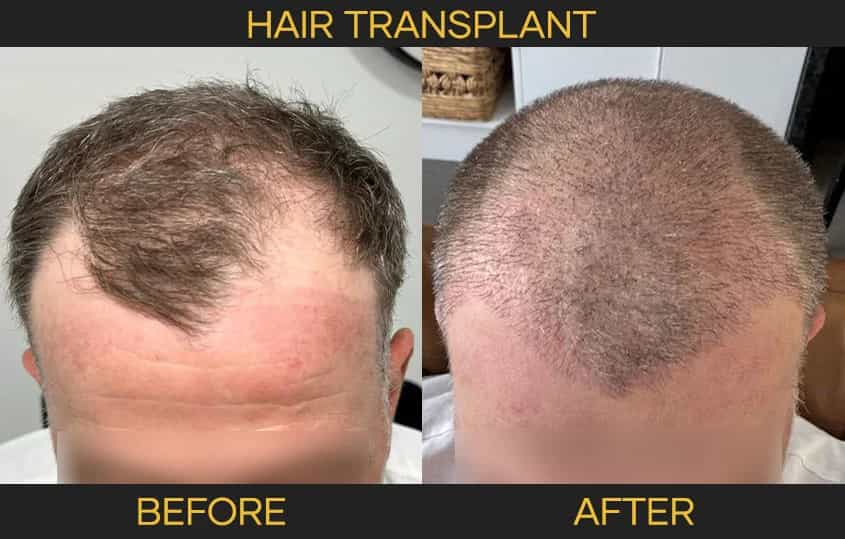


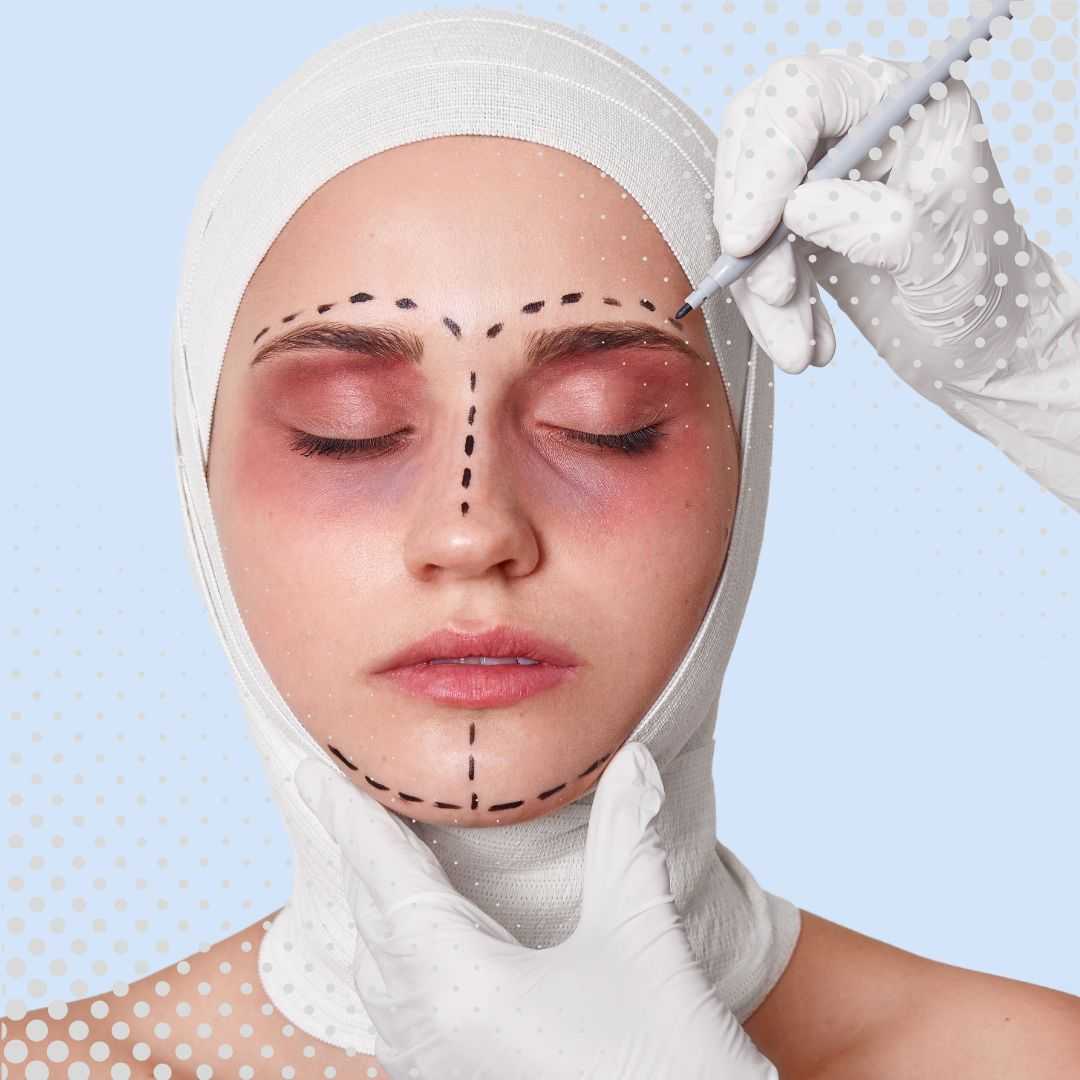
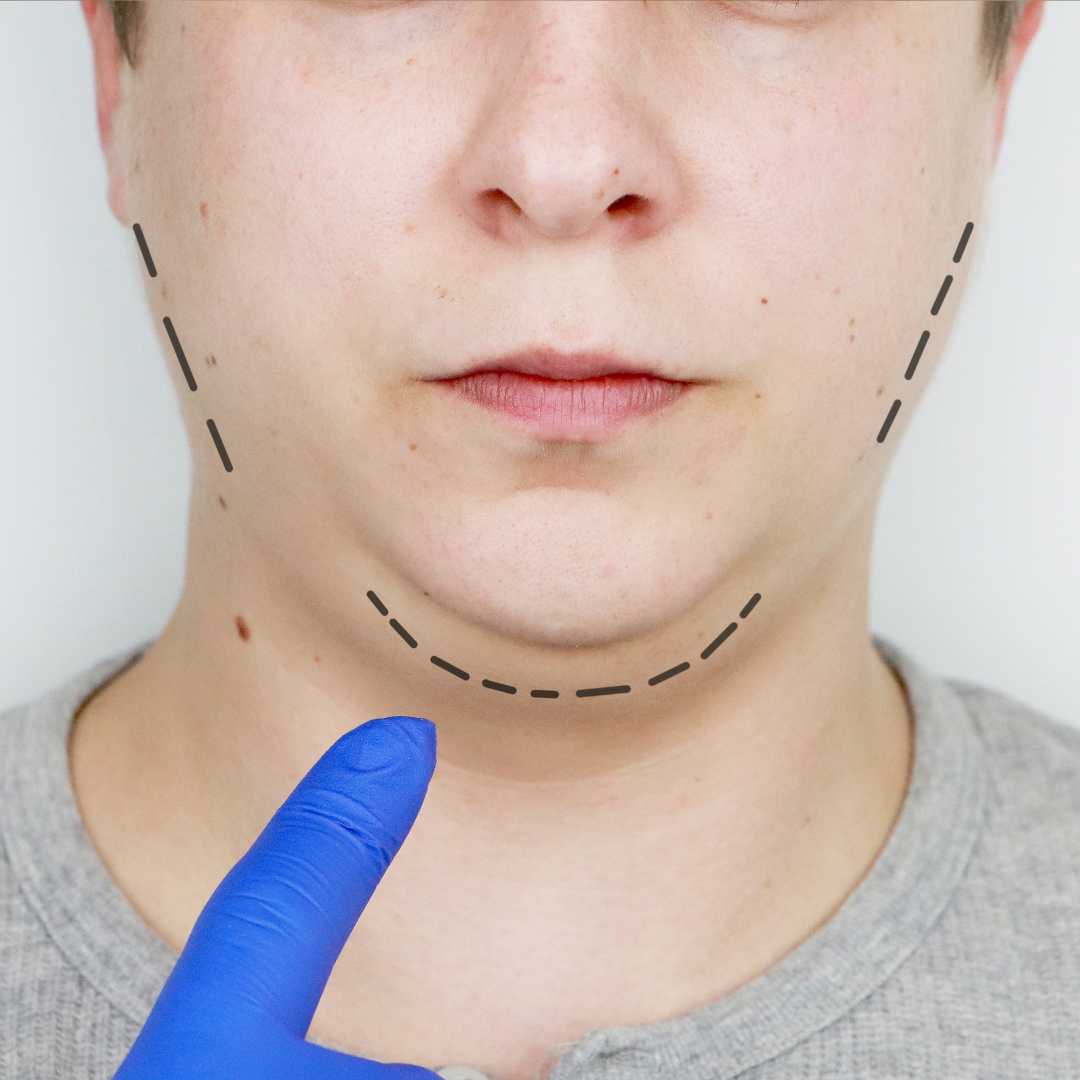


.png)

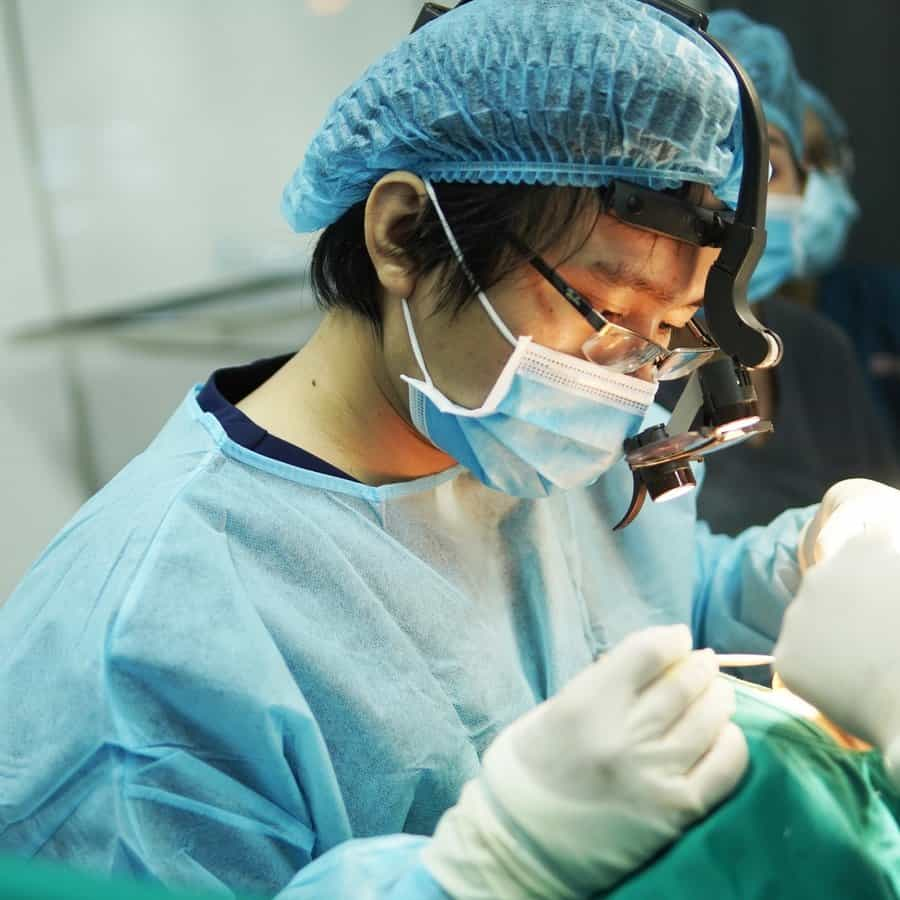

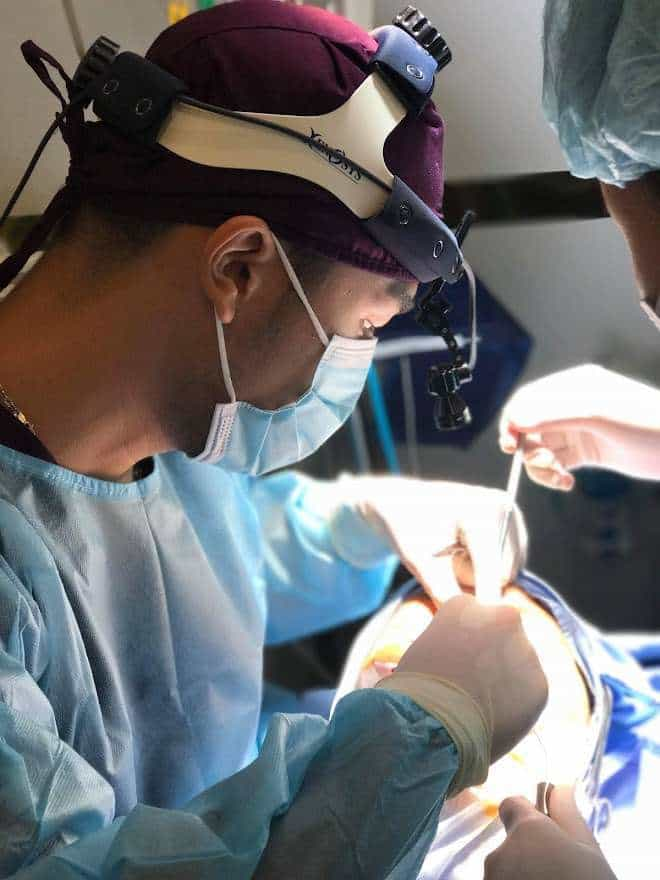
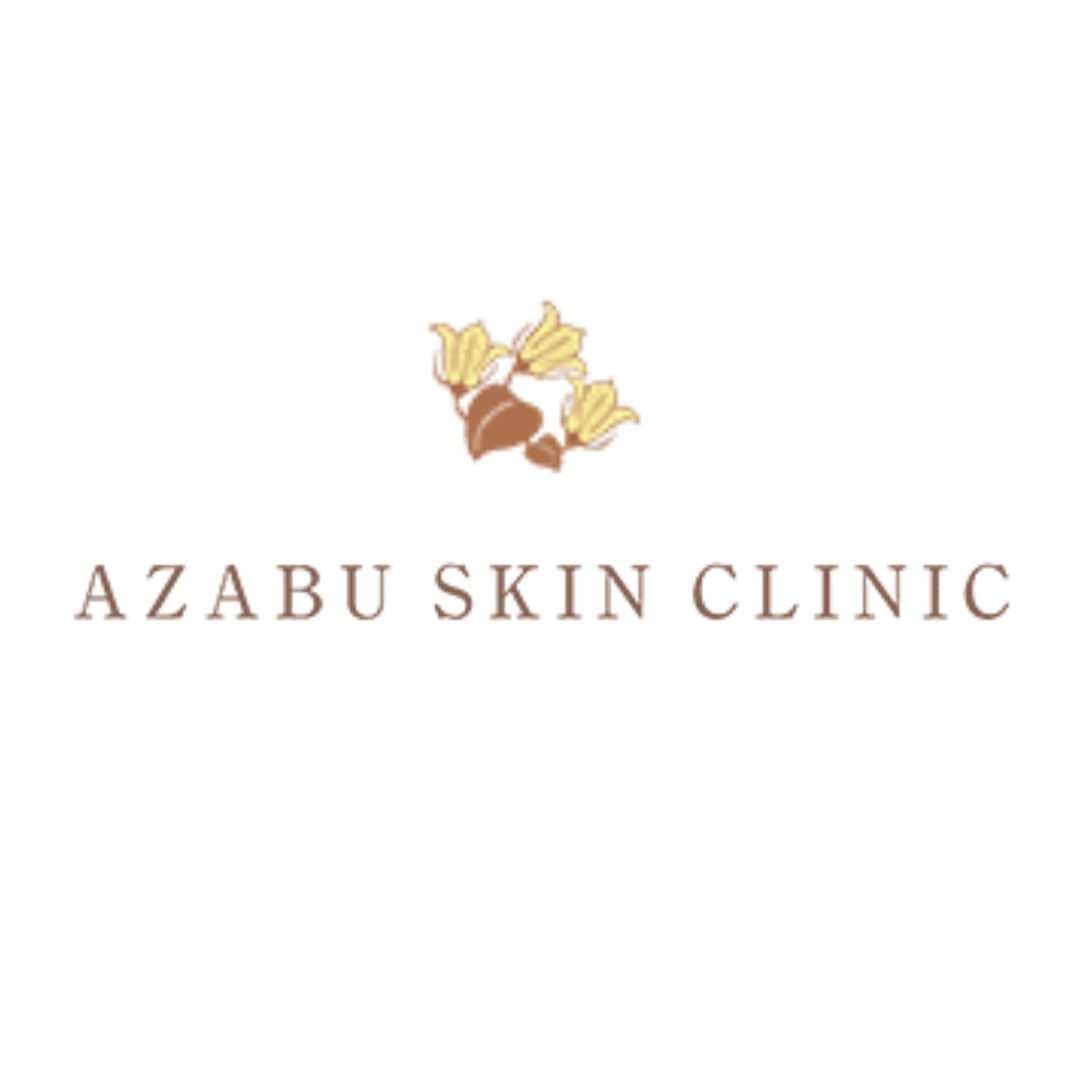

Share this listing